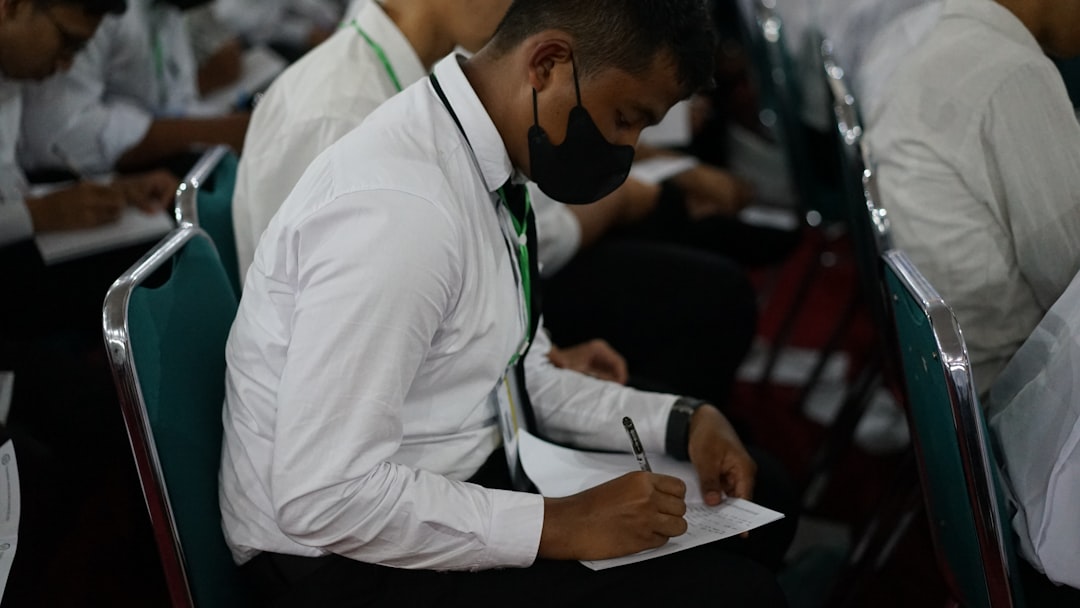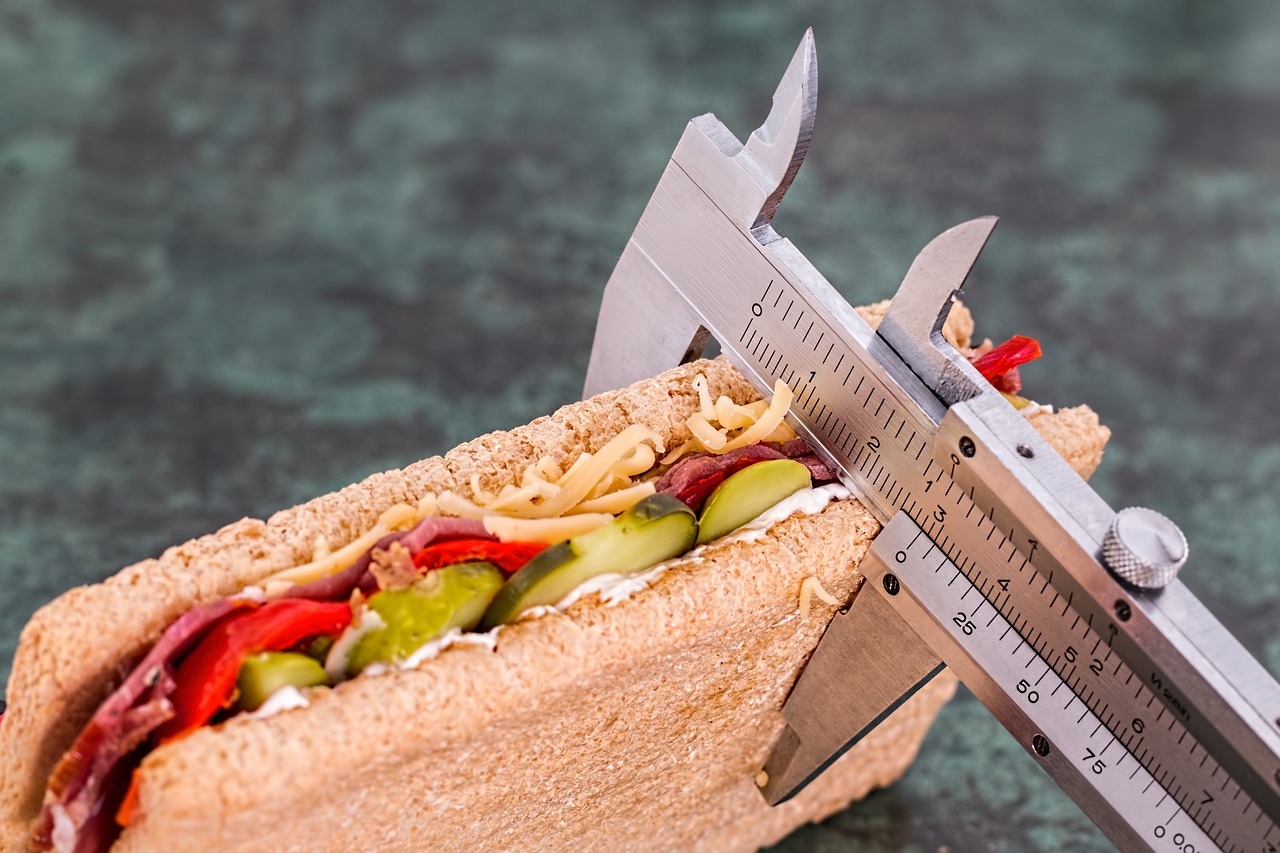At some point in their lives, many people experience bloating in their lower abdomen. It’s a painful, bloated sensation in the stomach brought about by excessive gas accumulation or water retention. It could give the impression that your waistband is too tight, and you might even believe that you’ve gained weight overnight.
There are several potential causes of bloating, including eating too much, eating too slowly, and eating certain foods. Certain foods, like beans, cabbage, and onions, may cause bloating more than others. Additionally, chewing gum and drinking fizzy drinks might result in bloating.
Additionally, bloating may result from food intolerances, such lactose intolerance or gluten sensitivity, after eating specific foods. Your stomach may also expand as a result of stress and worry.
Your bloating may be brought on by other medical issues. Lower abdominal bloating can be caused by celiac disease, irritable bowel syndrome (IBS), and inflammatory bowel disease (IBD). In order to give the right course of treatment, it is necessary to determine the underlying cause.
There are a variety of potential causes for reduced abdominal bloating. Bloating might result from overeating, eating too quickly, and eating foods high in beans and cabbage. Additionally, chewing gum and consuming fizzy beverages can make you feel bloated. Finding the appropriate treatment depends on determining what causes your bloating.
Try making a few easy lifestyle adjustments to see if they help relieve your bloating if you get it frequently. This includes eating slowly, chewing your food thoroughly, staying away from trigger foods, and adding physical activity to your daily schedule. But see a medical expert if the bloating doesn’t go away or if it’s accompanied by any additional symptoms. They will assist you in determining the root cause of the bloating and offer the best advice.









